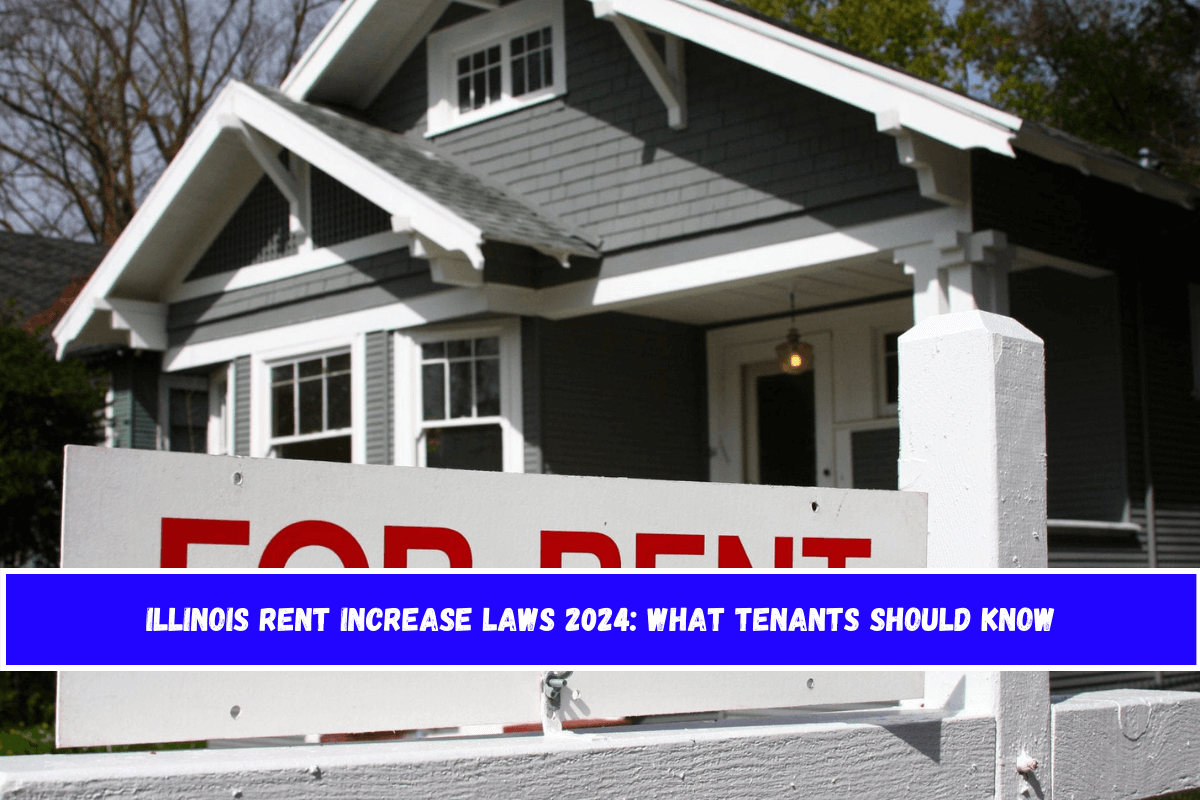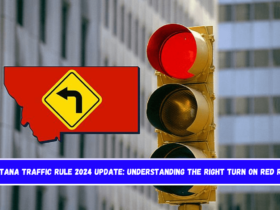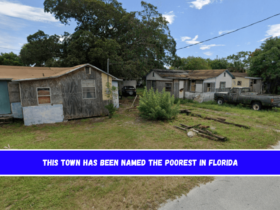In Illinois, the regulations surrounding rent increases are characterized by a lack of statewide rent control, allowing landlords considerable flexibility in setting rental prices. However, there are specific legal frameworks and local ordinances that tenants should be aware of to ensure their rights are protected.
Key Regulations for Rent Increases
- No Statewide Rent Control: Illinois does not have statewide rent control laws. This means landlords can generally increase rent as they see fit, provided they give proper notice to tenants. There is no cap on the amount that rent can be increased.
- Notice Requirements:
- For month-to-month leases, landlords must provide at least 30 days’ notice before a rent increase.
- For fixed-term leases, rent can only be increased at the end of the lease term unless the lease explicitly allows for increases during the term.
- Frequency of Increases:
- Landlords can raise rents for month-to-month tenants only once per year.
- For fixed-term leases, increases are only permissible upon renewal or at the end of the lease term.
- Local Ordinances: Some cities, such as Chicago, have specific regulations that may differ from state laws:
- In Chicago, landlords must give 60 days’ notice for tenants who have lived in a unit for 6 months to 3 years, and 120 days’ notice for those who have been there longer. Additionally, there may be caps on annual increases, such as a maximum of5% per year.
Legal Protections Against Discrimination and Retaliation
Landlords are prohibited from raising rents in a discriminatory manner or as retaliation against tenants exercising their legal rights. The Federal Fair Housing Act protects tenants from discrimination based on various factors including race, gender, and disability.
Potential Changes in Legislation
There is ongoing legislative activity aimed at introducing more structured rent control measures in Illinois. The proposed Tenant Protection Act (House Bill 3874) seeks to limit annual rent increases to no more than 5%, require 90 days’ notice for increases, and prevent landlords from raising rents during the first year of a lease.
This bill is still under consideration and could significantly alter the landscape of landlord-tenant relations if passed.
Conclusion
Tenants in Illinois should remain informed about their rights regarding rent increases, particularly given the absence of statewide controls and the potential for local regulations.
Awareness of notice requirements and the specific terms outlined in lease agreements is crucial for navigating rental agreements effectively in 2024. As legislative efforts continue, staying updated on changes will be essential for both tenants and landlords alike.
Sources
- https://www.doorloop.com/laws/illinois-rent-control-laws
- https://www.steadily.com/blog/rent-increase-laws-regulations-illinois
- https://www.hemlane.com/resources/illinois-rent-control-laws/
- https://www.goodcover.com/blog/illinois-rent-increase-laws/
- https://www.turbotenant.com/illinois/rent-control/











Leave a Reply